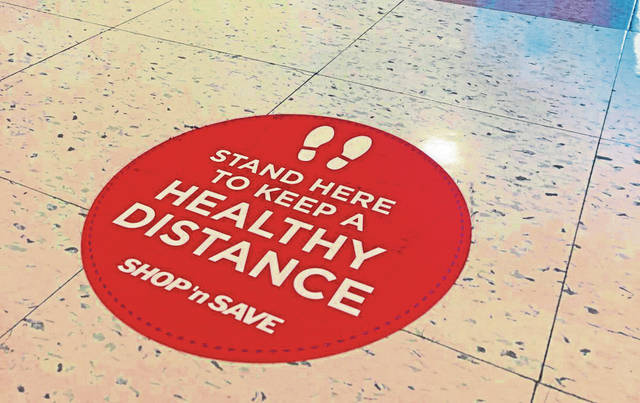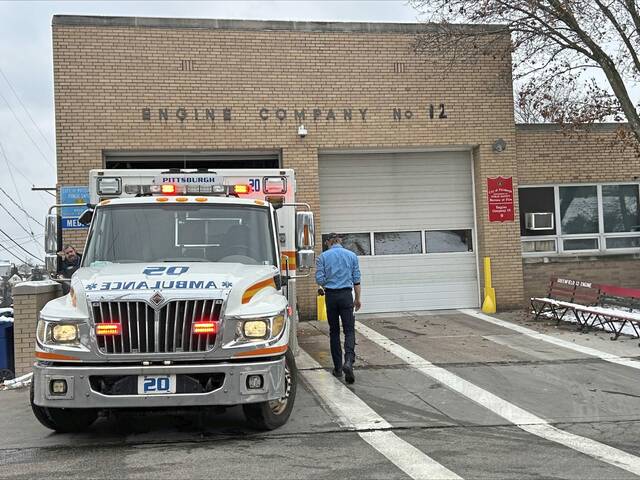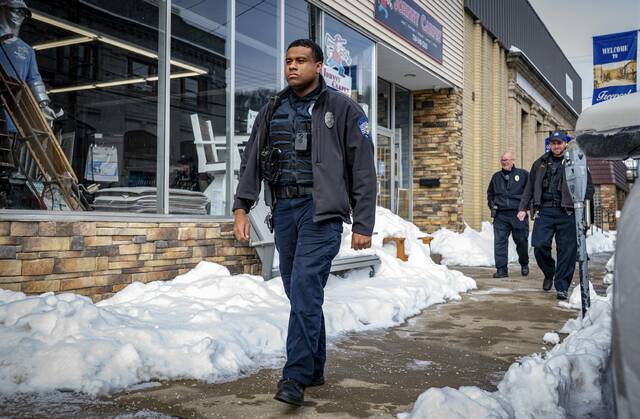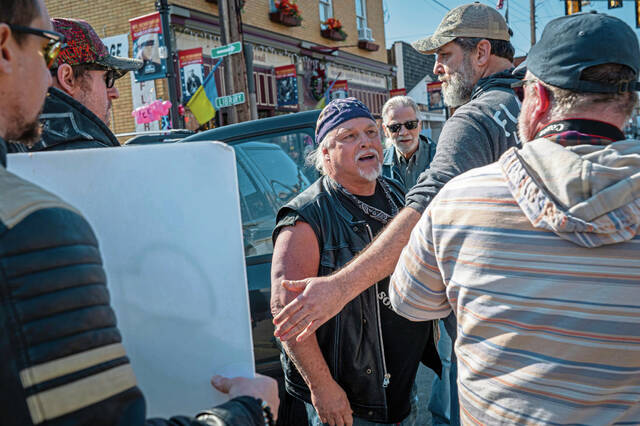A legal ruling is seldom a total victory for one side or the other.
It shouldn’t be. The court’s responsibility is to listen to both sides and come to a fair and equitable decision. That usually falls somewhere between the two ideas of what is right.
The recent decision about Gov. Tom Wolf’s coronavirus pandemic response measures is like that.
U.S. District Judge William S. Stickman IV spent 66 pages lauding why the steps were taken and criticizing the fact that they were.
Specifically, he looked at the limitations that kept public gatherings below certain numbers and the closing of “non-life-sustaining” businesses at the strictest points of the lockdowns. Stickman conceded that the actions of Wolf and Department of Health Secretary Rachel Levine were well-intentioned, but still took issue with a constitutional threat.
“In an emergency, even a vigilant public may let down its guard over its constitutional liberties only to find out that liberties, once relinquished, are hard to recoup and that restrictions — while expedient in the face of an emergency situation — may persist long after the immediate danger has passed,” he wrote.
It is hard to take issue with Stickman’s words. Similar concerns have been raised in other situations, like the passing of the Patriot Act after the Sept. 11, 2001, terrorist attacks and the use of the detention camp at the Guantanamo Bay Naval Base.
But there is a difference. Namely, the ruling comes after those non-life-sustaining businesses have been reopened. Gathering limits have been loosened — although they have yo-yoed as covid-19 infections have ebbed and risen.
A Spotlight PA and Tribune-Review look at the ruling showed some constitutional law experts criticizing Stickman’s basis, noting the opinion’s line of precedent was largely discounted 90 years ago.
It isn’t just a party issue. U.S. Supreme Court Chief Justice John Roberts, appointed by President George W. Bush, concluded in a similar California case that such government decisions are “fraught with medical and scientific uncertainties” and should not be subject to second-guessing by an “unelected federal judiciary.”
Wolf already has filed a stay pending his appeal that would keep pandemic measures from being rolled back because of the ruling.
So what is the significance of Stickman’s interpretation?
It’s the fact that the pandemic isn’t over. Schools are not back to education as usual and the Steelers aren’t playing in front of packed houses. While some things are normalizing, nothing is normal, and no one is sure when that will happen.
The value of Stickman’s ruling is that it cautions Wolf (and other elected officials) that there is no carte blanche, even in a crisis. Where it falls short is in failing to acknowledge that, every single day, government makes and enforces rules that limit public or business activity in the interest of the common good — even without a compelling emergency.
While plaintiffs’ attorney Thomas W. King III heralded the ruling as a “complete and total victory,” it isn’t. Nothing — not even the law — is that black and white.








